Education Reporter
CHICAGO - Children attending Chicago Public Schools returned to school on Wednesday after teachers ended a seven-day strike that made the city a flashpoint in the debate over union rights.
Austin Howard, a 17-year-old student on the North Side, shared his feelings. "While I am happy to be back in school, I am even happier that my teachers maybe will be treated better."
Union delegates voted Tuesday night to suspend the walkout after discussing a proposed contract settlement with those in charge of the nation's third-largest school district. They said the contract wasn't perfect, but that it included enough concessions on proposed new teacher evaluations, recall rights for laid-off teachers and classroom conditions to return to work pending a vote by its more than 26,000 teachers and support staffers in coming weeks.
It was also a relief to parents. The strike stranded roughly 350,000 students and left many parents scrambling to arrange alternative care for their children even though the district kept more than 140 schools open for several hours a day for meals and activities.
Some parents expressed hope Wednesday that the tentative contract agreement would benefit students in a district grappling with high dropout rates and poor performance.
"They'll hopefully win from the strike," said Isabela Sanchez, referring to her children as she walked them to a South Side elementary school.
Her son, 8-year-old Jose, said he was excited for another reason: "Learning about planets."
Mayor Rahm Emanuel – who filed a lawsuit this week to try to force teachers back to work – called the settlement "an honest compromise."
Union leaders pointed to concessions by the city on how closely teacher evaluations will be tied to student test scores and to better opportunities for teachers to retain their jobs if schools are closed by budget cuts.
"We said that we couldn't solve all the problems of the world with one contract, and it was time to end the strike," said Chicago Teachers Union President Karen Lewis.
But the evaluations and job security measures stirred the most intense debate. The union said the evaluation system relied too heavily on test scores and did not take into account outside factors that affect student performance such as poverty, violence and homelessness.
The union also pushed to give laid-off teachers first dibs on open jobs anywhere in the district. The district said that could prevent principals from hiring the teachers they thought most appropriate for the position. The tentative settlement proposed giving laid-off teachers first shot at schools that absorbed their former students and filling half of district openings from a pool of laid-off teachers.
Marion Sticks, a school psychologist, said she is interested in learning how the students she counsels fared over the summer.
"I have so many questions for them," she said. "I'm glad to be back for all kinds of reasons."
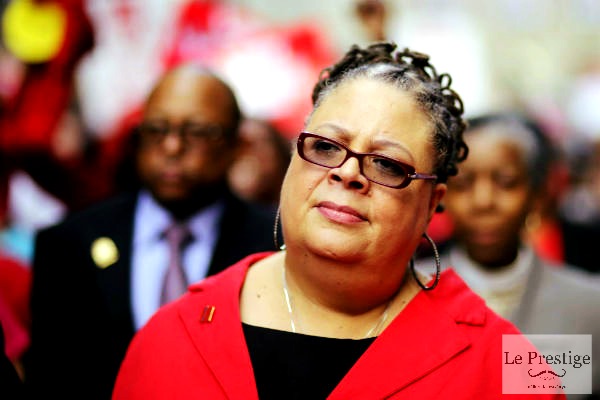
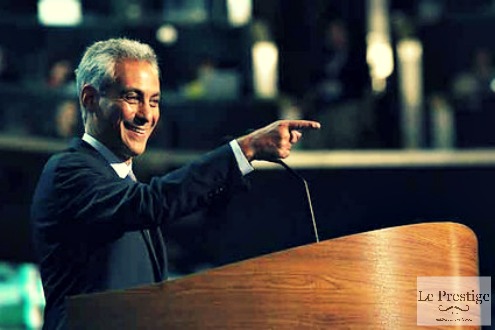

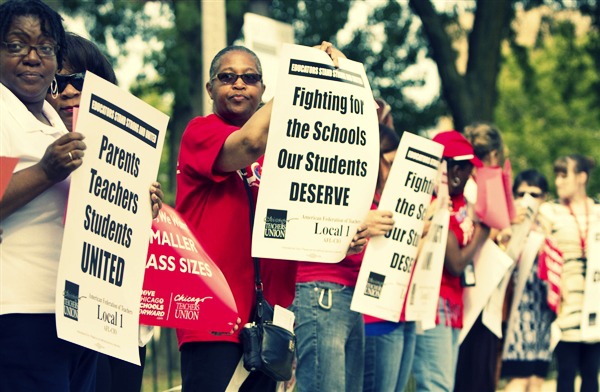
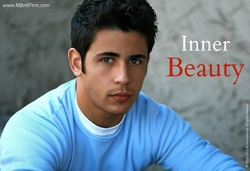
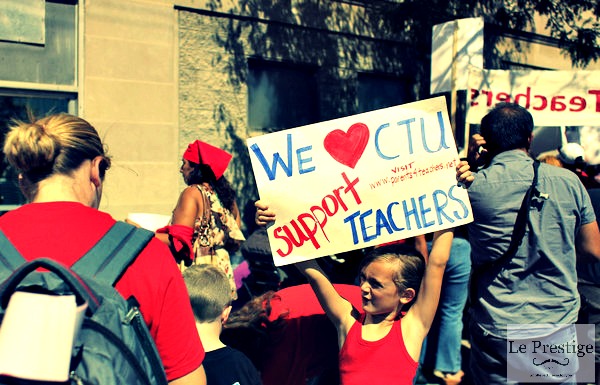

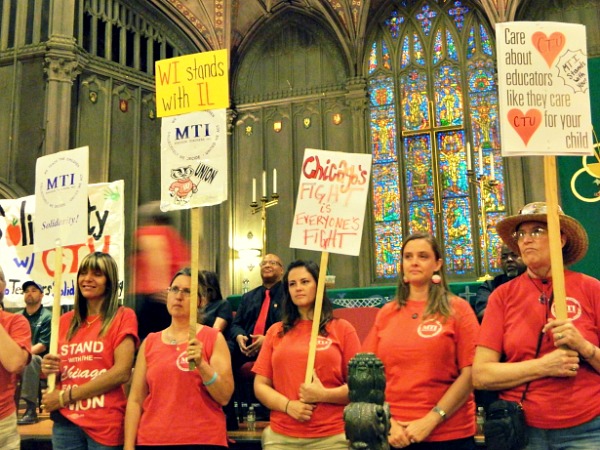
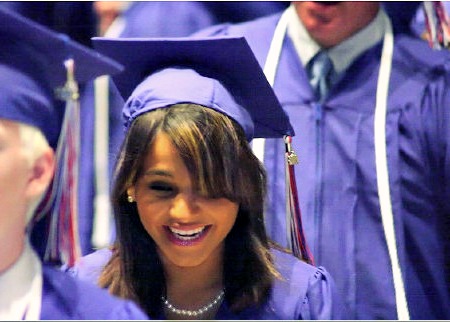


 RSS Feed
RSS Feed

